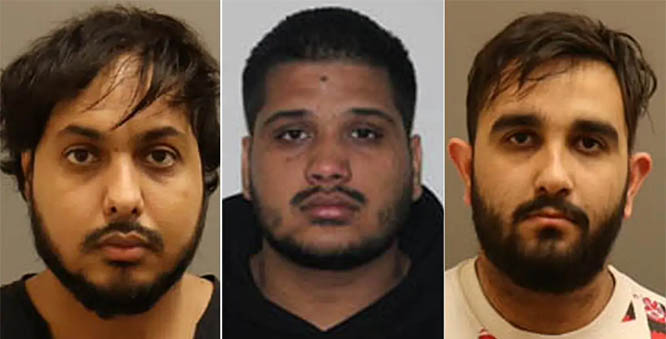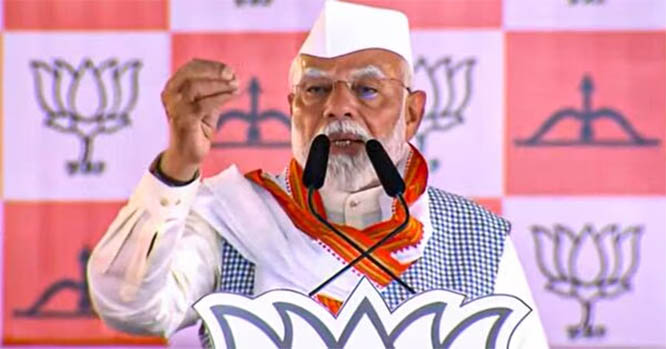
Mumbai, Apr 25: Naresh Goyal's Jet Airways and Abu Dhabi carrier Etihad finally enacted a well choreographed tango, clinching the first foreign direct investment ( FDI) deal after foreign airlines were allowed part- ownership of their Indian rivals.
On Wednesday, the Jet Airways board cleared preferential allotment of shares (at Rs 754 apiece) to Etihad, giving the latter a 24% direct stake in India's second largest airline by market share. Etihad will pay $379 million (about Rs 2,058 crore) for the stake, valuing Jet Airways at $1.57 billion, which is 32% higher than the current market value of the domestic carrier.
Etihad will take two board seats even as Goyal will hold 51% stake and remain non-executive chairman of Jet Airways. The Abu Dhabi airline will separately take majority shares in JetPrivilege, the frequent flyer unit of Jet Airways, for $150 million. It has already paid another $70 million to purchase Jet's slots at London's Heathrow airport.
The deal also has the potential to make Abu Dhabi the biggest emerging hub for Indian globe-trotters. Jet said it would establish a Gulf gateway in Abu Dhabi and expand its global reach through Etihad. "It's a game-changing opportunity for Etihad, and a game-changing opportunity for India," Kapil Kaul, regional head of the Centre for Asia Pacific Aviation (CAPA), told Reuters.
Late in the evening, India and Abu Dhabi governments as part of bilateral pacts agreed to increase the flying rights between the two countries to approximately 50,000 seats per week from the current 13,600 per week.
"This transaction further strengthens the balance sheet of Jet Airways and, more importantly, underpins future revenue streams, which will accelerate our return to sustainable profitability and liquidity," said Jet Airways chairman Naresh Goyal.
Etihad president and chief executive James Hogan added, "It (the deal) is expected to bring immediate revenue growth and cost synergy opportunities, with our initial estimates of a contribution of several hundred million dollars for both airlines over the next five years."
Eithad becomes the first big full service global airline to buy into the India story where travel is expected to triple to 159 million in the next 10 years. Earlier this year, Kuala Lumpur based low cost carrier AirAsia announced a joint venture with Tata Group to float a new airline.
The multi-layered deal-making was a complex affair aided by a battery of law firms—Economic Laws Practice, Gagrats, Amarchand Mangaldas and DLA Piper—and investment banks Bank of America Merrill Lynch, Credit Suisse and HSBC. The transaction is subject to shareholder and regulatory approval, which bankers and lawyers expect to come by in the next three months.
In the first phase, people familiar with the transaction, said that Goyal will sell 5% of Jet Airways through an offer for sale (OFS) to comply with the new 25% public shareholding norms. Currently, public shareholding in Jet Airways stands at 20%. This is being done as Sebi rules require a company to first adhere to public shareholding norms before making a preferential allotment.
Goyal and his family through their holding company Tail Winds hold 80% in Jet currently. The pugnacious Indian aviation entrepreneur founded the airline 21 years ago. It now operates a fleet of 100 aircraft and flies to 73 destinations in India and 20 overseas.
People in the legal circles said that the Goyal family will transfer their interests in Tail Winds, which is an overseas corporate body (OCB) incorporated in Isle of Man, a tax haven to their personal names/entities, which will be the new holding company of Jet. This is being done as OCBs are no longer recognized by the RBI and an OCB can't take fresh positions in equity or debt. However, they added, since Tail Winds was given an exemption, the promoter would check with the banking regulator whether they have to the restructure their holding before the launch of the OFS scheme.
The deal with Etihad will bring in fresh money to Jet that will be used to retire debt, which stands at $2.3 billion. Set up in 2003, Etihad, with a fleet of 70 Airbus and Boeing aircraft, serves 86 cities in West Asia, Africa, Australia, Asia, US and Europe.
"The price is good for Jet. I think Etihad may have paid over the odds slightly, but with Kingfisher out of the picture there is only one full service heavyweight in town, and that's Jet," Sudeep Ghai, partner at consultancy Athena Aviation told Reuters.








Comments
Add new comment